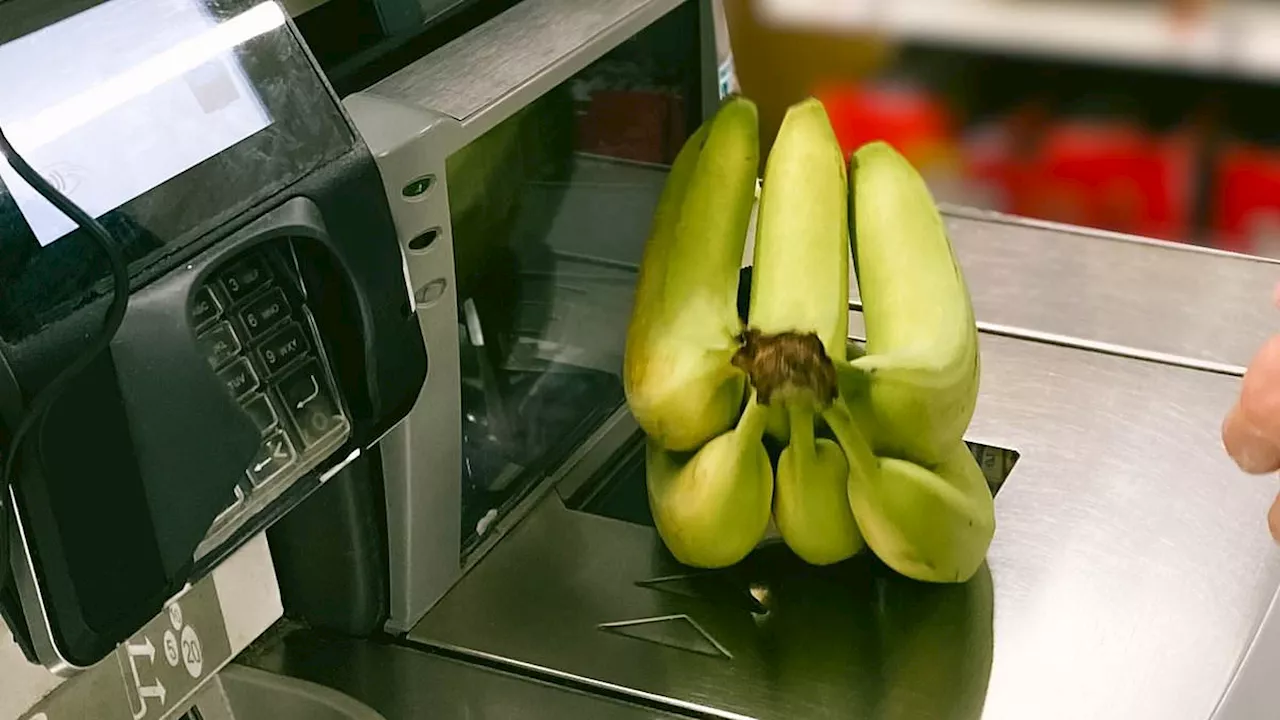By injecting a solution of nanoparticles around the heart, a temporary heart stimulator self-assembles, which can correct heart arrhythmia in emergency situations with the help of an external power source.
Lund UniversityAug 27 2024 After treatment, the electrode spontaneously disappears from the body. The study was conducted on animals.
We have developed an injectable heart stimulator for emergency situations, which consists of a syringe loaded with a solution of nanoparticles." Nanoparticles are extremely small particles. Because the particles are so small, they can be injected with a needle thinner than a human hair. When the solution comes into contact with tissue, a structure forms around the heart consisting of a long chain of molecules—a so-called polymer—that conducts electricity. The injected electrode integrates with the body's cells and facilitates ECG measurements, can regulate heartbeats, and correct arrhythmia.
Owing to the intimate contact between the polymer and the heart tissue, the stimulator can operate with low power inputs which can come from handheld devices. Most people carry their mobile phones everywhere, and with the help of a cable attached to the skin at the injection site near the heart, charges from the phone can be transferred to the conductive electrode in the body.
Arrhythmia Defibrillator Electrode Nanoparticles Therapeutics
Ireland Latest News, Ireland Headlines
Similar News:You can also read news stories similar to this one that we have collected from other news sources.
 How personality traits might interact to affect self-controlNeuroticism may moderate the relationship between certain personality traits and self-control, and the interaction effects appear to differ by the type of self-control, according to a study published August 21, 2024 in the open-access journal PLOS ONE by Fredrik Nilsen from the University of Oslo and the Norwegian Defense University, Norway, and...
How personality traits might interact to affect self-controlNeuroticism may moderate the relationship between certain personality traits and self-control, and the interaction effects appear to differ by the type of self-control, according to a study published August 21, 2024 in the open-access journal PLOS ONE by Fredrik Nilsen from the University of Oslo and the Norwegian Defense University, Norway, and...
Read more »
 Elderly with type 2 diabetes struggle with self-care and medication adherenceHow self-care, adherence to medication plans, and other health practices affect treatment outcomes among elderly patients with diabetes.
Elderly with type 2 diabetes struggle with self-care and medication adherenceHow self-care, adherence to medication plans, and other health practices affect treatment outcomes among elderly patients with diabetes.
Read more »
 Britain goes bananas for shoplifting scam: Six million people are using self-checkouts to steal from...Six million Brits are taking advantage of self-checkouts and using a common trick to steal from stores, a study has found.
Britain goes bananas for shoplifting scam: Six million people are using self-checkouts to steal from...Six million Brits are taking advantage of self-checkouts and using a common trick to steal from stores, a study has found.
Read more »
 Study finds ED use high before and after self-inflicted injury among youthsThe rates of emergency department (ED) use are high before and after self-inflicted injury among youths, according to a study published online Aug. 15 in JAMA Network Open.
Study finds ED use high before and after self-inflicted injury among youthsThe rates of emergency department (ED) use are high before and after self-inflicted injury among youths, according to a study published online Aug. 15 in JAMA Network Open.
Read more »
 Britain goes bananas for shoplifting scam: Six million people are using self-checkouts to steal from...Six million Brits are taking advantage of self-checkouts and using a common trick to steal from stores, a study has found.
Britain goes bananas for shoplifting scam: Six million people are using self-checkouts to steal from...Six million Brits are taking advantage of self-checkouts and using a common trick to steal from stores, a study has found.
Read more »
 Man left fuming over self-checkout kiosk that asks customers to tip up to 20%A man has been left fuming after his self-checkout kiosk at a water park asked him to tip up to 20% - and people have been left debating whether or not it's acceptable
Man left fuming over self-checkout kiosk that asks customers to tip up to 20%A man has been left fuming after his self-checkout kiosk at a water park asked him to tip up to 20% - and people have been left debating whether or not it's acceptable
Read more »
